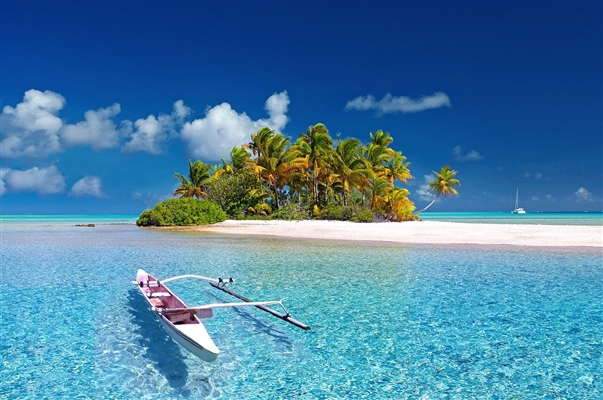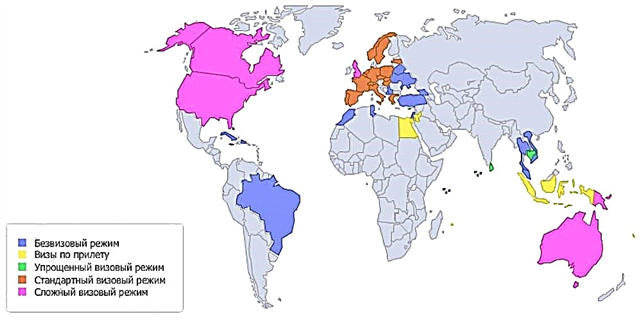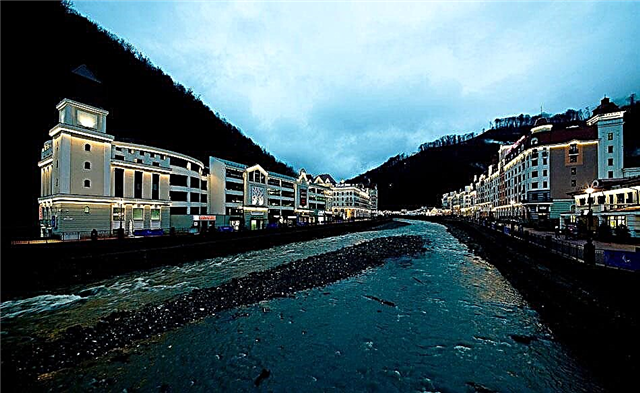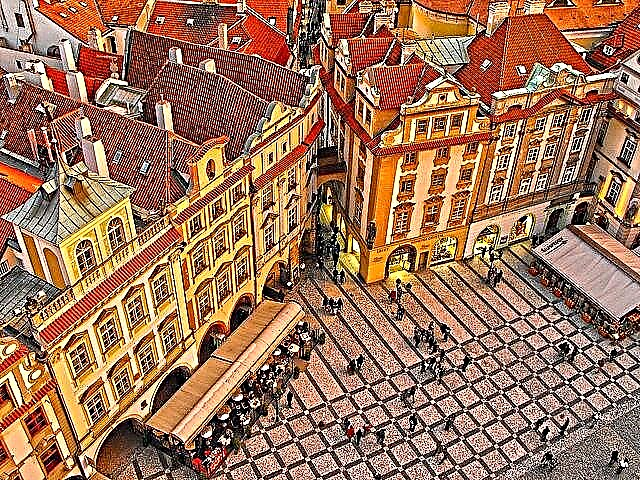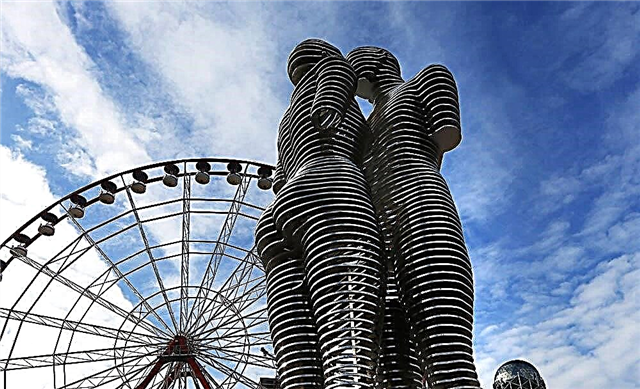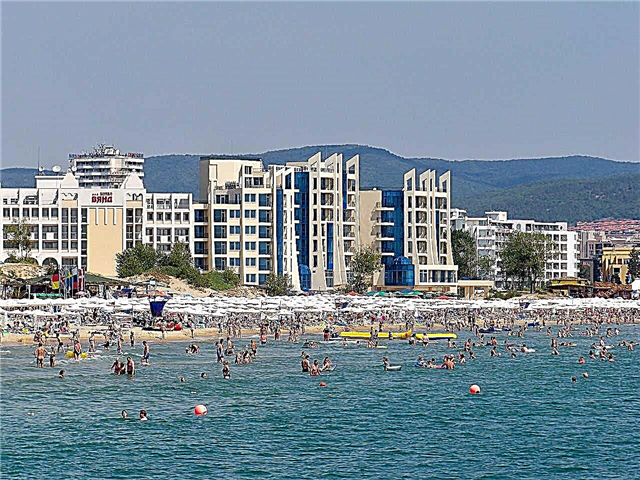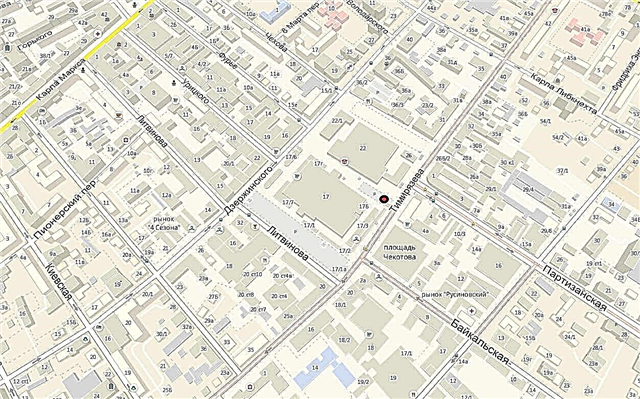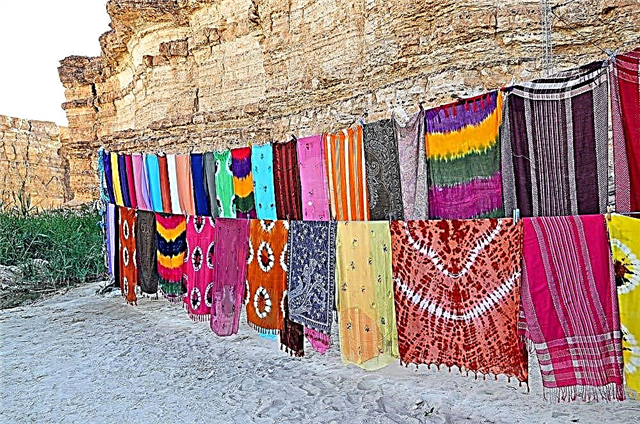What is better to bring from Tunisia as a gift according to tourists' reviews? What are the prices for souvenirs, where is it better to buy them and at which resort? Consider the best ideas for original products, give useful tips that will help you save money on vacation by the sea and shopping. We will find out useful information about what you can and cannot take out.
When visiting African countries, it is useful to stock up on souvenirs. In each state, it is somewhat special and unusual. Let's see what the same Tunisia can boast of.
What to bring from Tunisia as a gift?
Glass things
If we consider the question of what to bring from Tunisia according to the reviews of tourists, then you should definitely pay attention to everything made of blown glass, it is these products that are the first in the list of most experienced travelers. This is a reasonable gift for close friends, relatives and colleagues. Those wishing to personally attend the production of the presentation should go to the Sadika studio.

All kinds of ceramics
Another popular thing that tourists bring from Tunisia as a souvenir is a must. 100% of the copies are painted with externally unique patterns. In most cases, jugs are purchased, although plates and bowls are also popular. The cost is low and the quality is very high.

Desert rose
If it is difficult to figure out what to bring from Tunisia as a gift, then you should focus on the desert rose. It is not a flower, but a mineral that forms in a layer of sand. It got its name because it looks like chocolate roses that decorate cakes. Objects of beige color predominate, but black and white can also be found. The exact color depends on the sand in which the flower was formed. The cost of souvenirs is from 1 dinar.

Darbuca
This folk musical instrument is often featured in souvenir advice that comes from Tunisia. Darbuka is a drum, the body of which is made of wood, clay or metal. Outwardly, the instrument looks like a goblet; Tunisian craftsmen pull the skin over it and apply bright, rich colors.

Calligraphic art canvases
The Muslim clergy has an extremely negative attitude towards all landscapes, portraits, prints and the like. But the fine art, locked in a tight grip, found a way out - calligraphic paintings appeared. Calligraphy began to be used to depict people, buildings, animals, and so on. The lines are not chosen by chance: in most cases they belong to the pen of ancient and medieval poets of the Arab world.

Carpet
If you haven't figured out yet what kind of souvenir to bring from Tunisia, then you should definitely take a closer look at handmade carpets. Yes, they are not as famous as Persian or Turkmen products. But the diligence of North African artisans allows for the creation of unique, excellent handicraft products. It is organized by hand, and the craftsmen try to use only natural substances. Only wool and silk are suitable for fabrics. Dyes are carefully selected to ensure total consumer safety. Tunisian rugs will not fade for years and will not be adversely affected by washing.

Aroma oils
On the territory of the North African country, significant volumes of cosmetic and perfumery products are made. Aromatic oils of natural origin are considered a rational choice. They are purchased either in pure form or as part of complex cosmetic mixtures. The local industry has established a massive use of such substances in the production of shampoos, creams, soaps and a wide range of essences. Such souvenirs will be of undoubted benefit both for themselves and for others. The oils created in natural conditions soften the skin and will be able to nourish it with the missing vitamins. In the care of nails, hair and the skin of the skull, oil products also show themselves as a good helper. In home practice, natural oils are often added to handmade masks and creams. They also note the safe effect of protecting the skin during tanning.

Olive soap
This product is sold in a wide variety of sizes and colors. Even the scent may be different. The effect of moisturizing the skin is achieved, it receives a powerful charge of elasticity.

Dates Deglet-Nur
A unique variety of date palms grows in the southwestern part of Tunisia. You can take it both for personal purposes and as a presentation to loved ones. Storage of fruits is possible for a long time, and their transportation does not pose any particular problems. The pulp of dates improves digestive processes, helps to replenish the deficiency of vitamins, mineral and salt components.

Fabrics
Tunisian linen is of incredible quality; it is appreciated for making garments intended for hot areas. Local residents actively use such matter in everyday life. 80% of tourists will be happy with silk and its products (scarves, bedspreads and stoles).

Alcoholic drinks
Although Tunisia traditionally belongs to the sphere of Islamic culture, the long-term French influence made itself felt. There are a number of vineyards on the territory of the country where wine-making raw materials selected according to their characteristics are grown. The production of rosé, white and red wines has been established. Therefore, connoisseurs will definitely find something that will suit them 100%.

Where is the best place to buy souvenirs?
It is advisable to purchase glass items in cities Carthage, Tunisia (and around the latter), as well as on Cape Bon... A souvenir of this kind costs at least 3 dinars.
Ceramic products are mainly purchased in Nabele and Gellale on the island Djerba... The fee for one souvenir, depending on a number of circumstances, ranges from 12 dinars.
Darbuka can be purchased anywhere in the country. The cost of such a presentation will vary from 25 to 37 dinars. Calligraphic paintings can be purchased for at least 37 dinars.
As for the ordering of carpets, then for them you must go strictly to specialized stores. They must immediately, on demand, demonstrate quality certificates. You can search for suitable offers in all major cities. The highest quality is traditionally attributed to products from Kairouan. The payment for carpets varies widely: it affects the complexity of the ornament, the size of the product and the materials used. It is impossible to find a solid copy for less than $ 200.
Natural oils can be purchased for at least 4-7 dinars. Argan oil is the most expensive: even a modest bottle of it sells for about 30 dinars or more. Oils, like olive soap, can be bought anywhere in the country.
Moving on to buying dates, it should be noted that the cost of goods in bazaars is lower than in leading stores and tourist centers. It ranges from 3 and 8 dinars, respectively.
Flax and products from it are recommended to be purchased in Hammamet, and the maximum of positive evaluations goes to the Fella store. It is advisable to go to Mahdia for silk.

What can and can not be taken out of Tunisia?
Knowing what can and cannot be brought from Tunisia, tourists will thus be able to avoid many ridiculous situations and even legal persecution in most cases. So, for export in personal luggage dates and coconuts customs officers will look fine. But finding a spoon made of wood the same palm tree, according to the law, are obliged to seize it and draw up a protocol.
National currency firmly protected by customs regulations. This applies to banknotes of any denomination: it is prohibited to take them out of the border, regardless of the total amount of money from tourists. Olive oil allowed to take up to 2 liters per passenger, and dates - up to 2 kg.
Maximum export halva and spices is 1 kg per traveler, for other fruits the limit is 3 kg. When purchasing carpets and other expensive products will have to provide formal proof of the legality of ownership of the property (check and certificate). Antique items each time they are moved abroad only with the validity of personal permission for specific items.
The export of medicines, leather products, weapons, ammunition, explosives of all types and purposes is strictly prohibited. When the value of legally exported property is up to $ 250, tax assessment is not practiced. More information on the ban on the export of souvenirs can be found on the embassy's website.
There is even more information about cheap holidays in Tunisia than to do with children, how much money to take and planning your trip yourself.


